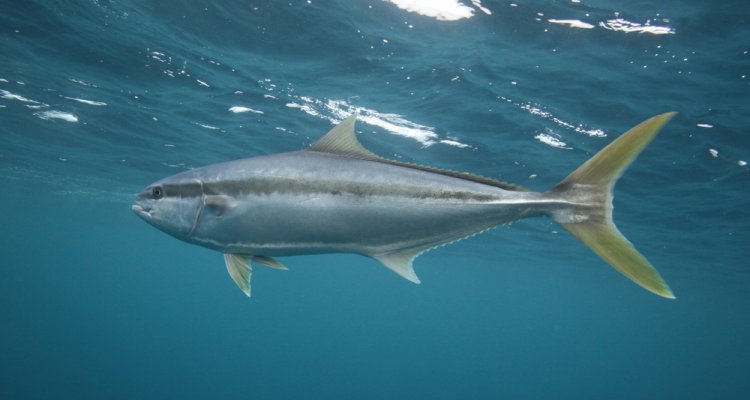
PhD defence
Factors affecting faecal waste, nutrient digestion, and bile acid balance in yellowtail kingfish
Summary
One of the expected major changes in global aquaculture in the coming years is an increased use of “Recirculating Aquaculture Systems (RAS)”. A typical RAS maintenance optimal water quality by incorporating processes such as solids removal, biofiltration, etc. Water is continuously (re)circulated between fish tanks and water treatment units. This system enables low water and land usage, while providing optimal and well-controlled conditions that favour fish growth. Yellowtail kingfish (Seriola lalandi), a high-value marine carnivorous species. Traditionally it is cultured in cages but recently it is also farmed in RAS. Yellowtail kingfish, when fed commercial pelleted diets, produce faeces with a poor integrity that disintegrate easily. This faecal instability is a major challenge for culturing yellowtail kingfish in RAS because this hampers faecal waste management (removal from the water). This thesis investigated factors affecting faecal waste, nutrient digestion, and bile acid balance in yellowtail kingfish, with a focus on fat. The findings contribute to practical feed formulation for the production of optimal feeds for RAS.